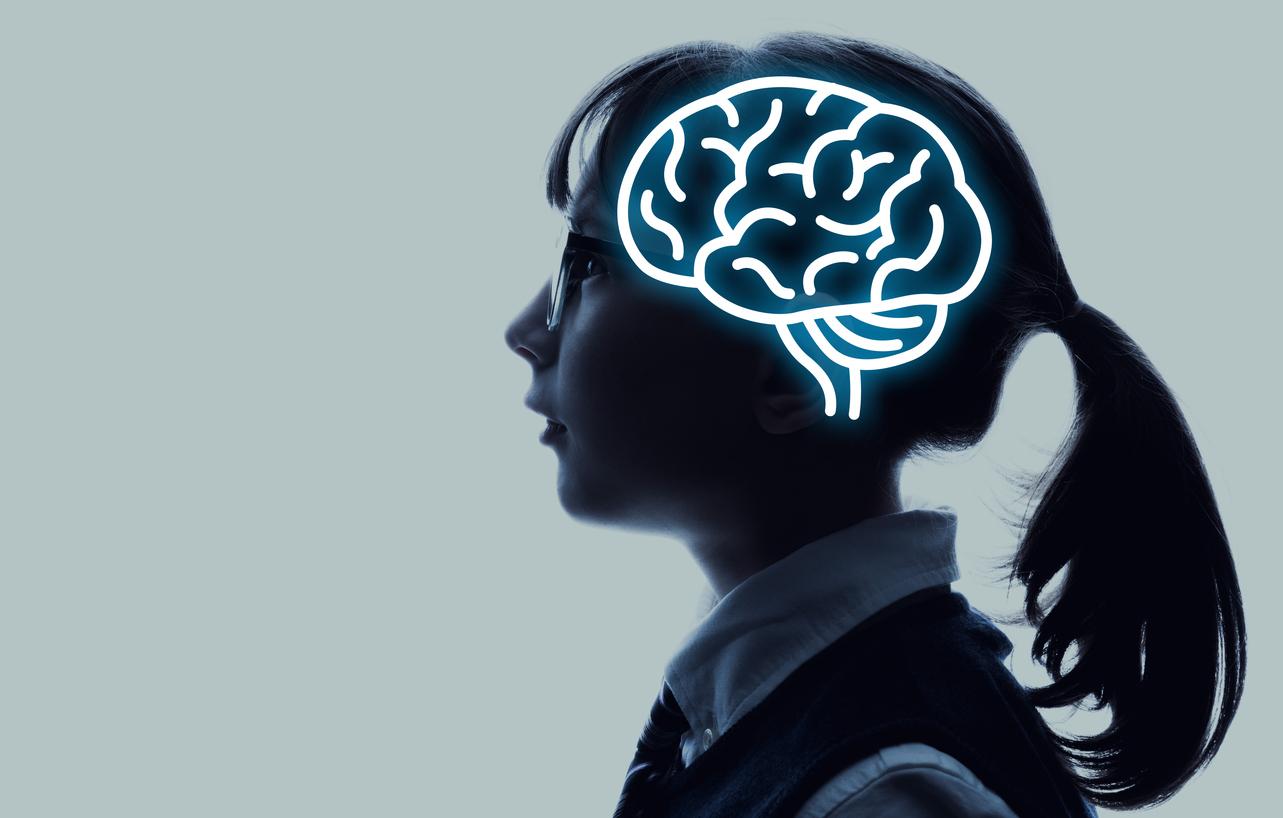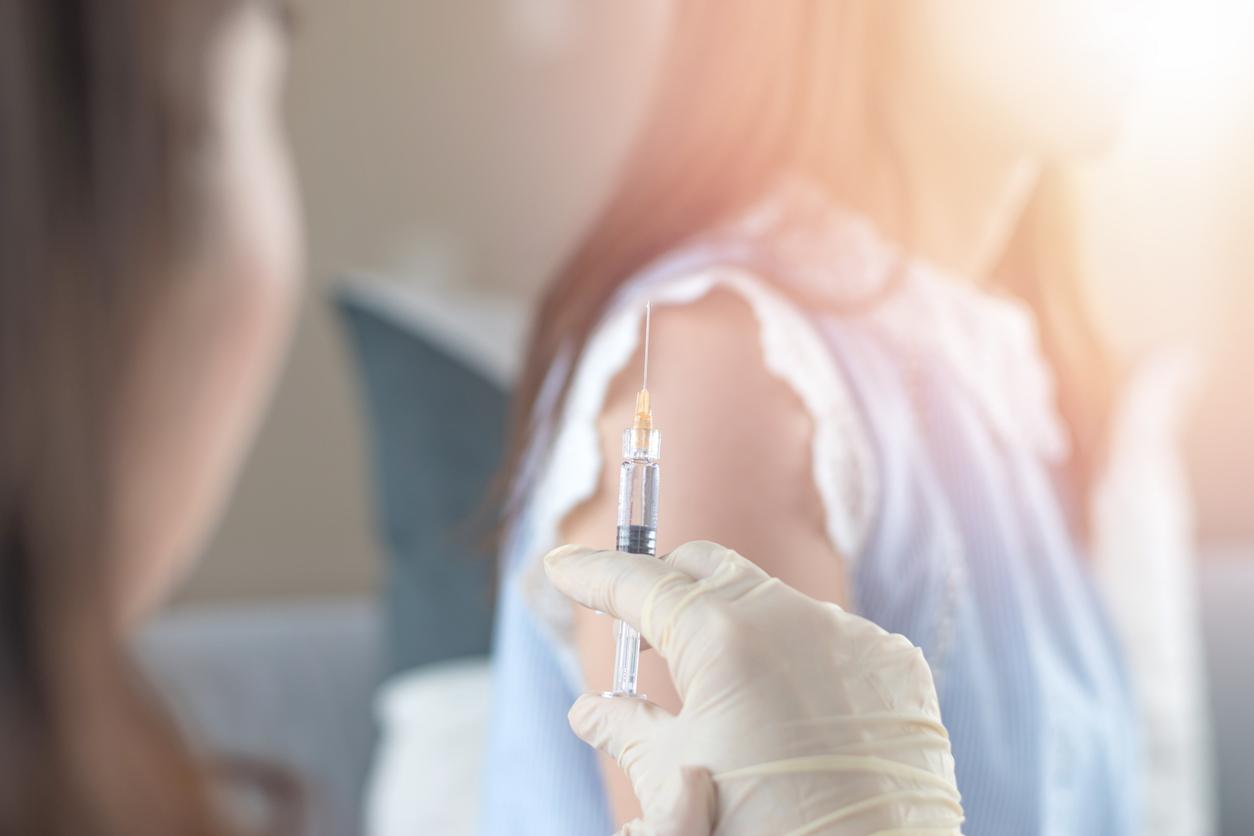
Head trauma is a serious pathology with public health issues. In France, 150,000 new patients are affected each year, 20% of which have sequelae. For 2 years, the Toulouse University Hospital has been working on improving the care of these patients, in collaboration with the Federation of Cognitive, Psychiatric and Sensory Handicaps (FHU HoPES).
A “silent epidemic”, according to the WHO
The cranial trauma will become the first cause of handicap in the young subject. The care process for these patients is not simple, on the contrary. Head trauma causes medico-social problems, but also a “anosognosia: the cognitive sequelae of CD mean that these patients are not always aware of their disorders. Escaping the course of care, they can then be lost to follow-up for several years, often with disastrous socio-professional consequences “. As the WHO indicates, we can really qualify this pathology and its consequences as “silent epidemic “. The aim of this study is to anticipate the risks of “dropping out of care”In patients who have suffered a head trauma and thus offer them a personalized treatment path. With better care, the return to work is anticipated and late hospitalizations are avoided.
The algorithm, the intelligence of science
Toulouse University Hospital, one of the 3 best hospitals in France, and Collective Thinking, a company specializing in artificial intelligence, are working together on this new project. The algorithm will analyze the information contained in the patient’s medical files (reports, invoices, etc.). The objective is to compare the patients who are treated and the others, those who have stopped seeking treatment. The operation will begin very soon, for a period of 13 months. Once the data has been analyzed and the patients at risk identified, the doctors will be able to offer them multidisciplinary medical care (physiotherapy, neuropsychology, psychiatry, physical medicine, etc.) on a case-by-case basis. Doctor Edouard Dufetelle, medical director of Collective Thinking, hopes to subsequently apply this approach in the context of chronic diseases, such as diabetes or kidney disease. The stakes are high, since according to him, “in terms of public health, the expected benefits are potentially very significant. We are fortunate in France to have a colossal database in the form of the SNDS, which many countries envy us. However, this database is incomplete and our objective is precisely to enrich it with more clinical content. ”
















